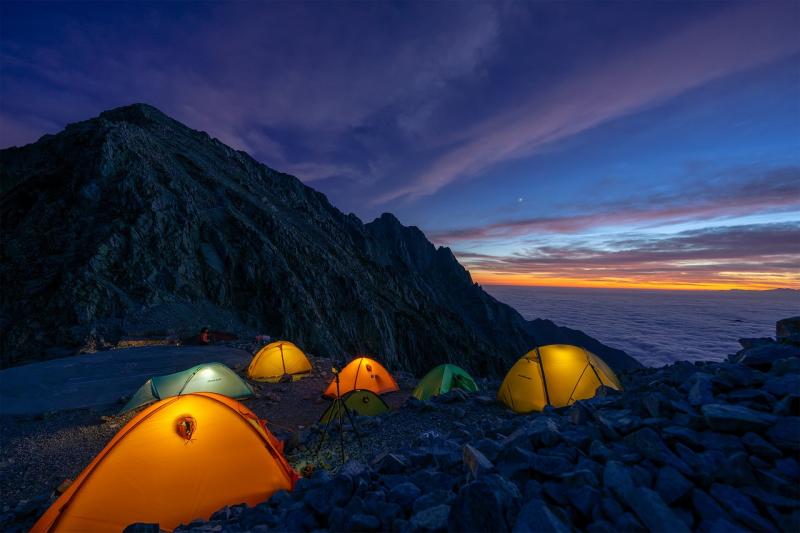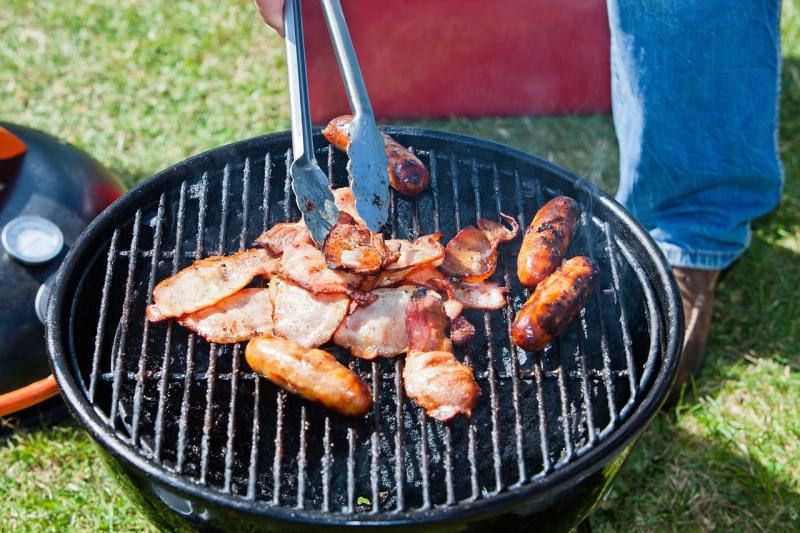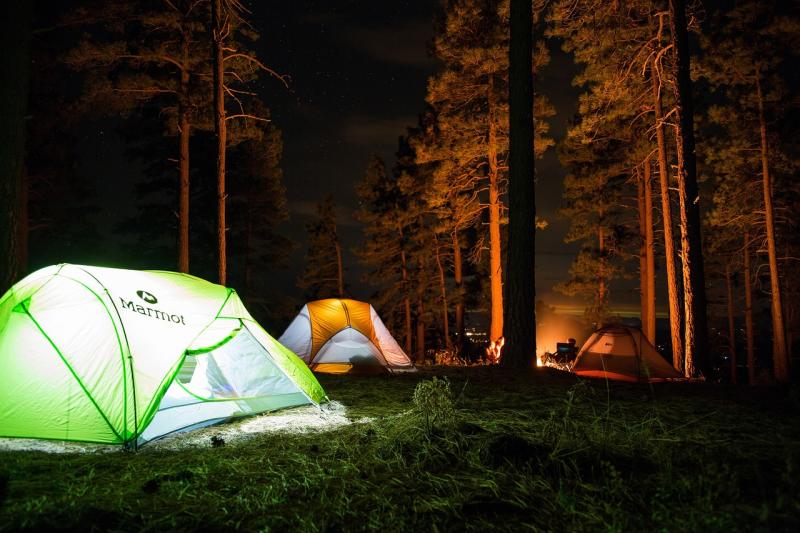When embarking on your first backpacking adventure, choosing the right backpack is crucial for a comfortable and enjoyable experience. With so many options available, it can be overwhelming to determine which one best suits your needs. Start by considering the type of trips you plan to take. If you're going on a short weekend trip, a smaller day pack may be sufficient, while longer excursions may require a larger backpack with more capacity.
Another important factor to consider is fit. A backpack that doesn’t fit well can lead to discomfort and fatigue on the trail. Look for a pack that corresponds to your torso length and allows for adjustability. Most hiking stores offer fitting services, where experts can help you find the perfect size. Make sure to try on several options, and consider how they feel when loaded with gear; you want a backpack that distributes weight evenly to minimize strain on your back and shoulders.
Durability is also key when selecting your backpack. Since you’ll be using it in various environments, choose materials that can withstand rough conditions. Look for water-resistant or waterproof options to keep your gear safe from the elements during your backpacking trips. Additionally, consider the number of compartments and pockets that a backpack offers, as these can be helpful for organizing your gear and making it easily accessible.
Lastly, think about the features and extras that may enhance your backpacking experience. Hydration reservoirs, hip belt pockets for snacks or small items, and integrated rain covers can add significant value to your backpack. Assess what matters most to you and choose a pack that aligns with your preferences and planned activities. A well-chosen backpack can make a world of difference on your journey into the great outdoors.
Packing Tips for Your Adventure
Packing efficiently is crucial for a successful backpacking trip. Here are some tips to help you pack smartly and ensure you have everything you need without weighing yourself down. Start by choosing the right backpack. Look for one that fits your body well and has enough capacity for your gear. A pack that is too large may tempt you to overpack, while one that is too small can force you to leave behind essential items.
When it comes to selecting what to take on your backpacking adventure, prioritize versatility. Opt for clothing that can serve multiple purposes, such as moisture-wicking shirts that can double as activewear and casual wear. Additionally, consider the weather and terrain of your destination; bring layers that you can easily add or remove to adjust to changing conditions. Don’t forget about comfortable, sturdy footwear, as it's crucial for exploring the great outdoors.
Organization is key in backpacking. Use packing cubes or compression bags to keep your items organized and compact. Store similar items together, like clothing in one section and cooking gear in another. When packing your backpack, place heavier items closer to your back and at the bottom to maintain balance. This will make your load easier to carry, especially during long hikes.
Lastly, always have a checklist. Before you head out, jot down all the essentials, including food, first-aid supplies, and navigation tools. Check off each item as you pack it, so you don’t forget anything important. With thoughtful packing, you can enjoy your backpacking experience to the fullest, allowing you to focus on the beauty of nature and the adventure ahead.
Easy Cooking Ideas on the Trail
When you're out backpacking, eating well doesn't have to be a challenge. With a little planning and creativity, you can whip up delicious meals in the great outdoors. Here are some easy cooking ideas that will make your backpacking experience more enjoyable.
One simple option is to bring along pre-packaged freeze-dried meals. These are lightweight, require no refrigeration, and just need hot water to prepare. You can find a variety of flavors, from hearty stews to tasty pasta dishes. All you have to do is boil some water, mix it into the meal bag, and let it sit for a few minutes. It's a quick and satisfying way to refuel after a long day on the trail.
If you prefer to cook from scratch, consider packing some lightweight staples like instant rice, quinoa, or couscous. These grains require minimal cooking time and can be combined with various seasonings and dehydrated vegetables. Just add water, and in no time, you've got a filling meal. Pair it with some protein like jerky or canned beans, and you've got a balanced dish that’s perfect for your backpacking adventure.
For a tasty snack or breakfast option, oatmeal is a fantastic choice. You can prepare instant oats with just hot water, and you can customize them with nuts, dried fruits, or even a dash of cinnamon for extra flavor. It’s a great way to start your day and keeps you energized for the miles ahead.
Remember, staying hydrated is essential while backpacking, so don't forget to bring a reliable water purification method. Proper hydration will help you enjoy your meals even more and keep your energy up on the trail. With these easy cooking ideas, meal prep will be a breeze, and you'll have plenty of delicious options to keep you nourished throughout your backpacking journey.
Essential Safety Tips for Backpackers
Backpacking is an incredible way to explore the great outdoors, but keeping safety in mind is crucial for a successful trip. One of the first essentials to remember is to plan your route carefully. Familiarize yourself with the terrain you’ll be traversing, and let someone know your plans, including your expected return time. Having a detailed map or a GPS device can help you navigate through unfamiliar areas and avoid getting lost.
Another important safety tip for backpackers is to pack the right gear. Make sure your backpack is comfortable and fits properly. Include essential items such as a first-aid kit, a multi-tool, and sufficient food and water. Depending on the climate, dress in layers to adapt to changing weather, and don’t forget a reliable flashlight or headlamp for nighttime visibility. All these items can be lifesavers in unexpected situations.
Wildlife encounters can also pose risks while backpacking. Always keep food secured and away from your sleeping area to avoid attracting animals. Understanding the local wildlife and knowing how to react in case of an encounter is essential. If camping in bear country, make sure to use bear canisters or bags to store food. Respecting nature ensures both your safety and the well-being of the environment.
Lastly, staying aware of your surroundings cannot be overstated. Take note of changes in weather, trail conditions, and your physical limits. If you’re feeling overly tired or unwell, consider taking breaks to rest and hydrate. Backpacking is meant to be an enjoyable experience, so listen to your body and don’t push yourself too hard. By following these essential safety tips, you’ll be better prepared for a fantastic adventure in nature.


